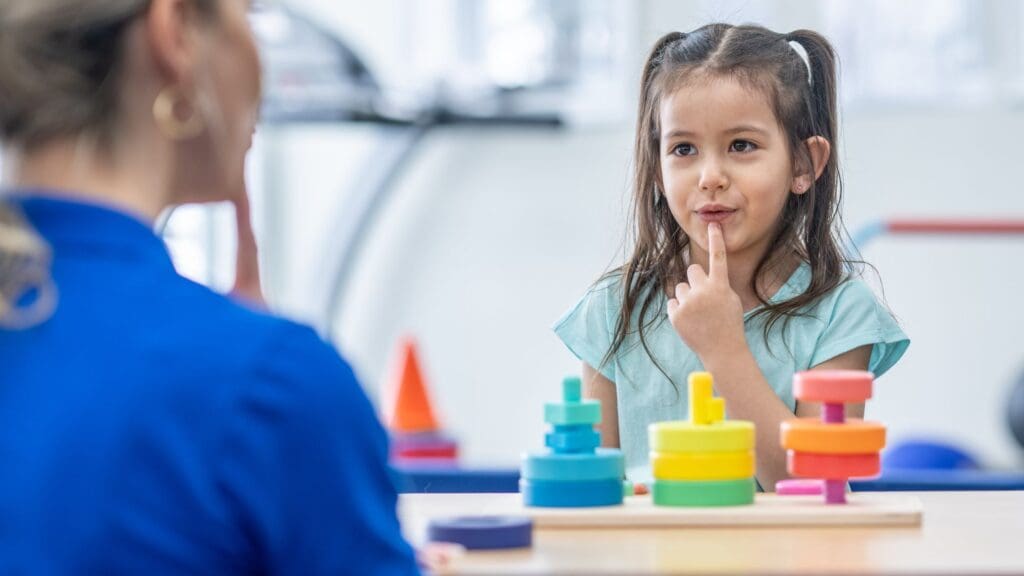
Speech development is a crucial aspect of a child’s overall growth, influencing their ability to express thoughts, connect with others, and navigate the world around them. For some children, articulation challenges can pose barriers to effective communication. In such cases, pediatric speech therapy becomes an invaluable resource. Today, let’s delve into the various types of articulation therapy designed to help children overcome speech difficulties and unlock their full communication potential.
- Traditional Articulation Therapy: Traditional articulation therapy focuses on correcting specific speech sound errors. Speech-language pathologists (SLPs) work with children to identify and practice the correct production of individual sounds. This method often involves drills, repetition, and targeted exercises to strengthen the muscles involved in speech.
- Phonological Process Therapy: Phonological processes are simplifications of adult speech patterns that some children may retain longer than typical. Phonological process therapy aims to address these patterns systematically. SLPs target and work on eliminating these processes, promoting the development of age-appropriate speech sound patterns.
- Motor Speech Disorders Therapy: Some children face challenges in coordinating the movements necessary for speech production. Motor speech disorders therapy addresses conditions such as apraxia of speech or dysarthria. This type of therapy focuses on improving the precision and coordination of the oral-motor movements required for clear speech.
- Articulation Intervention for Specific Populations: Different age groups and populations may require specialized approaches. For example, toddlers might benefit from play-based therapies that integrate speech exercises into games, while school-aged children may respond well to technology-assisted interventions that leverage apps and interactive tools.
- Integral Role of Parent Involvement: Successful articulation therapy often involves collaboration between speech-language pathologists and parents. SLPs can provide parents with guidance on how to reinforce therapeutic techniques at home, making the learning process more holistic and continuous.
Articulation therapy is a dynamic and tailored approach to addressing speech challenges in pediatric patients. By understanding the diverse types of articulation therapy available, pediatric speech therapists can adapt their methods to meet the unique needs of each child. The goal is not only to correct speech sound errors but also to empower children with the tools they need for clear and confident communication. Through collaboration between therapists, parents, and caregivers, we can pave the way for a future where every child’s voice is heard and understood.

Comments are closed